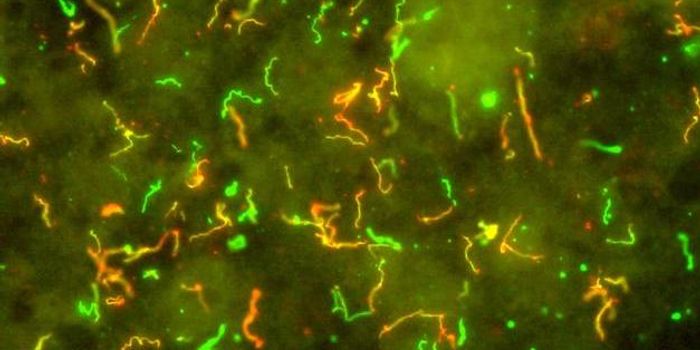ADHD Drug Holds No Effect on Primate Prefrontal Cortex
According to a new research study published eNeuro, investigations of methylphenidate (Ritalin) on neuronal activity in monkeys held no effects on the prefontal cortex unlike studies on mice and rats. The study opens the door to new questions behind why Ritalin improves attention in humans.
In the paper “The effects of methylphenidate (Ritalin) on the neurophysiology of the monkey caudal prefrontal cortex”, researchers refute their hypothesis that the caudal prefrontal cortex, a brain region critical for attention, is drugs main site of action in the brain.
Learn more about brain anatomy:
To conclude their studies, the researcher’s recorded large populations of neurons in the caudal prefrontal cortex region where two male macaque monkeys performed a demanding visual attention task. After administration of the drug, the researchers did not observe any significant differences in neuronal activity in comparison to the placebo, even at doses that improved the monkeys' performance on the task.
Such negative results do not push out any evidence that other regions of the prefrontal cortex could serve as possible sources of Ritalin's action in the brain. Additionally, the study highlights the challenges associated with translating preclinical research from rodents to nonhuman primates and the need for improved partnerships between scientists investigating common questions and using different animal models.
Source: Science Daily
-
MAY 07, 2024Is It Anti-RNP or Anti-Sm/RNP?
- See More
-
APR 30, 2024Immuno-Oncology Virtual Event Series 2024
-
MAY 07, 20243rd International Biosecurity Virtual Symposium
-
JUN 06, 2024The Future of Scientific Conferencing
- See More


















































